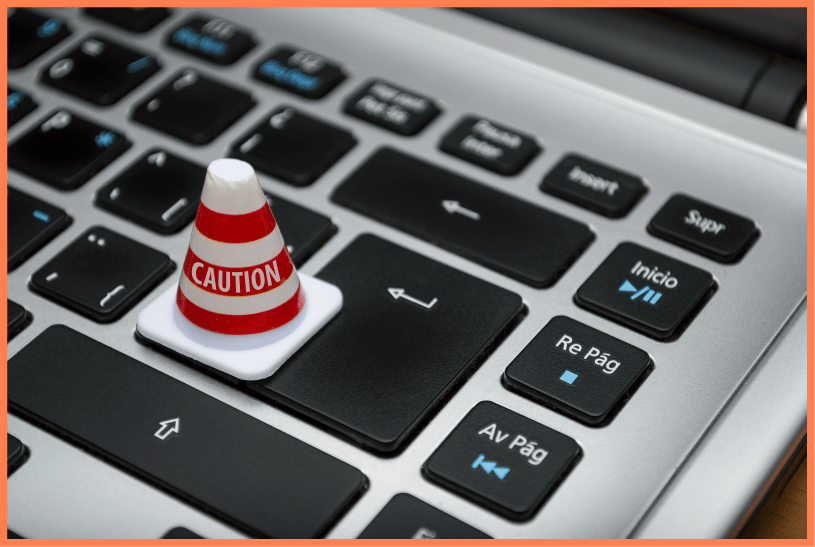
How To Ensure Privacy For Your Patients, Clients or Customers
Confidentiality is important for businesses of all types. Whether you have a healthcare business providing services to your patients or you have clients or customers to care for, maintaining their privacy is a must. In some cases, you may even be legally required to follow certain regulations to keep personal data safe. Your patients or customers want to know that their information is safe with you, so you need to provide them with the reassurance that they’re looking for.
To ensure you protect the privacy or the people you provide services or sell to, follow the suggestions that you can find below.
Know the Law
The first thing that you need to do is know the law in regard to data privacy and confidentiality. This can be influenced by where your business is based and the industry that you are in, as well as who your patients or clients are.
- What does the law say about how you must record and store personal information?
- What rights do people have to know about what information you have on them and to have their information removed from your records?
These are essential things to check when you are making sure that you’re keeping sensitive information private.
Get the Right IT Support
Business data is usually stored digitally these days, which means that you need to have robust digital security. Getting the right IT support for your business will help you to comply with regulations and keep data secure at all times when recorded digitally.
Take a look at www.myhealthyit.com to learn more about how essential IT support can make it easier to run HIPAA-compliant IT systems.
Outsourcing your IT can allow you to sit back and let the experts take care of it while you busy yourself with other things.
Maintain Privacy in Person and On the Phone
It’s also important to maintain privacy during various communications with people. In addition to keeping digital communication channels secure, don’t forget about privacy during phone calls and even when speaking to people face-to-face. When talking over the phone, be sure to inform people if calls are recorded and for what purpose.
In some in-person meetings, you might consider whether it’s necessary to have separate areas to help ensure privacy. Being careful what is discussed in front of others can also help to reassure people that their personal information is kept private.
Provide Training
Make sure that your staff receives appropriate training regarding privacy and data security.
- They may need to know how to store information safely, how to collect data while maintaining confidentiality, and how to communicate appropriately with patients or customers.
- They should know how to follow the rules and regulations, including legal requirements and your own company policies.
Don’t just provide training to new members of staff.
Existing employees should also receive regular training to refresh their knowledge and teach them the latest regulations and best practices.
Keep sensitive information private and confidential to ensure your patients or customers are protected and happy with the service that they receive.
© New To HR


